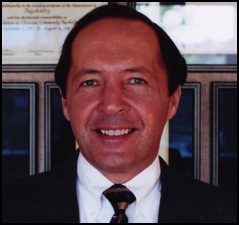Should doctors go on strike?


He wants doctors to go on strike.
His Declaration of Independence rejects any government role in health care, stating "there is no inalienable right to healthcare." It calls advocates of universal healthcare "statists."
And then he gets mad.
The idea of a psychologist whose practice holds that "emotional well-being is characterized by an optimal balance between positive and negative thinking" leading surgeons, internists, organ specialists and stage of life specialists in a mass ragahol-fueled refusal to serve the public would be funny if it didn't point out something really important.
Doctors don't really have a position in health reform. Where a doctor stands depend on where they sit, and the American Medical Association itself represents just 20% of doctors.
Most of the profession is organized along the lines of specialties. Internists have the American College of Physicians, for instance, surgeons the American College of Surgeons, and each pursues different interests based on the needs of their members.
When doctors do go on strike, around the world, it's usually over wages and working conditions imposed by a national authority, as in Peru, South Africa, India or Nepal. It's over pay and benefits, not political philosophy.
The biggest problem most doctors I talk with face is that their professional goals and the industry's economic incentives are out of alignment. Specialists make too much, internists too little, and the payment process is too complex, the paperwork load crushing.
Doctors, unlike journalists, are true professionals, and what most want to do is practice their professions, not engage in business or politics. Aligning the industry's incentives so they can do that is what most want from the present debate, and whether their checks come from Aetna, patients or Uncle Sam matters less than that they're enough to let them keep doing what they love.